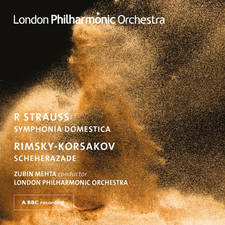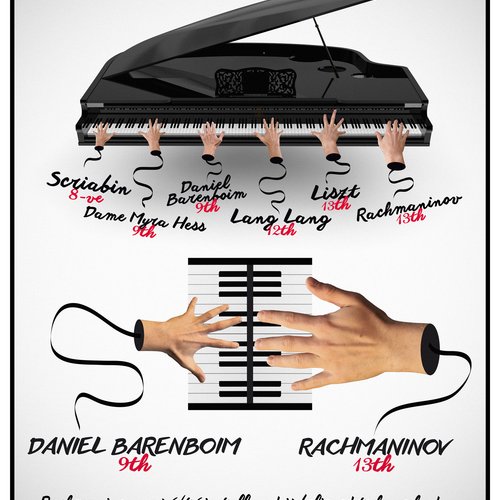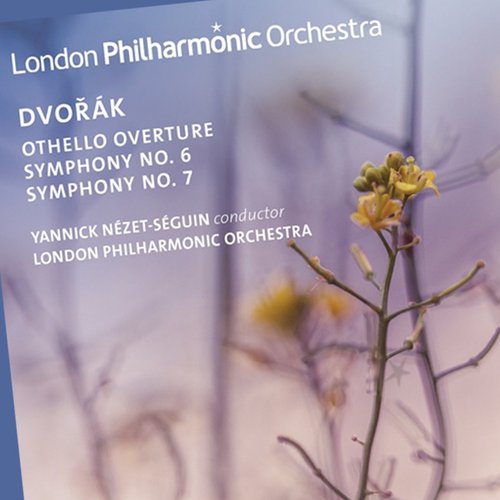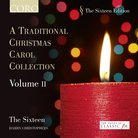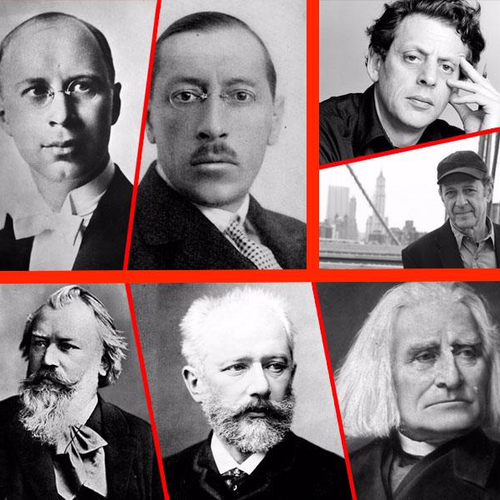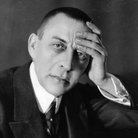Daniel Grimwood On Franz Liszt
“For me, Liszt is maybe the most important of the Romantics. His Transcendental Studies are the key to what his music is about: developing a technique and then making it secondary, leaving difficulty behind, ‘transcending’ it."
"When Liszt heard Paganini’s amazing violin-playing, he felt challenged to do the same on the piano. So he locked himself away for several months and just practised, until he had an even more fantastic technique than before. When you play his piano music, you sense that there was no separation in his mind between composition, improvisation and performance: it’s all one. You’re aiming to be note-perfect, but not self-conscious about it.
"There are moments in Liszt when his music doesn’t quite touch the ground – there’s something nebulous there, almost pre-impressionist. The recordings by his pupils are different in all sorts of ways, but on the whole they aren’t particularly fast.
Liszt obviously wasn’t interested in speed for speed’s sake. His octave passages are an orchestral effect: they’re about grandeur, not how fast you can play them.”
